 |
3 American scientists received the 2025 Nobel Prize in Physics. Photo: Le Monde . |
From laboratories so cold as to be near absolute zero, three scientists John Clarke, Michel Devoret and John Martinis have performed experiments that have changed the way humanity understands the quantum world . Now, they have been honored with the 2025 Nobel Prize in Physics, a noble reward for a four-decade journey exploring the boundary between theory and practice.
New perspectives of quantum physics
On October 7, the Royal Swedish Academy of Sciences announced that the 2025 Nobel Prize in Physics went to three scientists, John Clarke, Michel Devoret, and John Martinis. They were honored for “pioneering experiments that have expanded our understanding of how quantum mechanics operates in the physical world.” According to the awarding committee, the work of the three physicists has demonstrated that quantum effects can be observed in systems of larger sizes, not just limited to the atomic level.
In an online press conference after the announcement, Professor John Clarke, who teaches at the University of California, said he felt “stunned and emotional” when he heard the news.
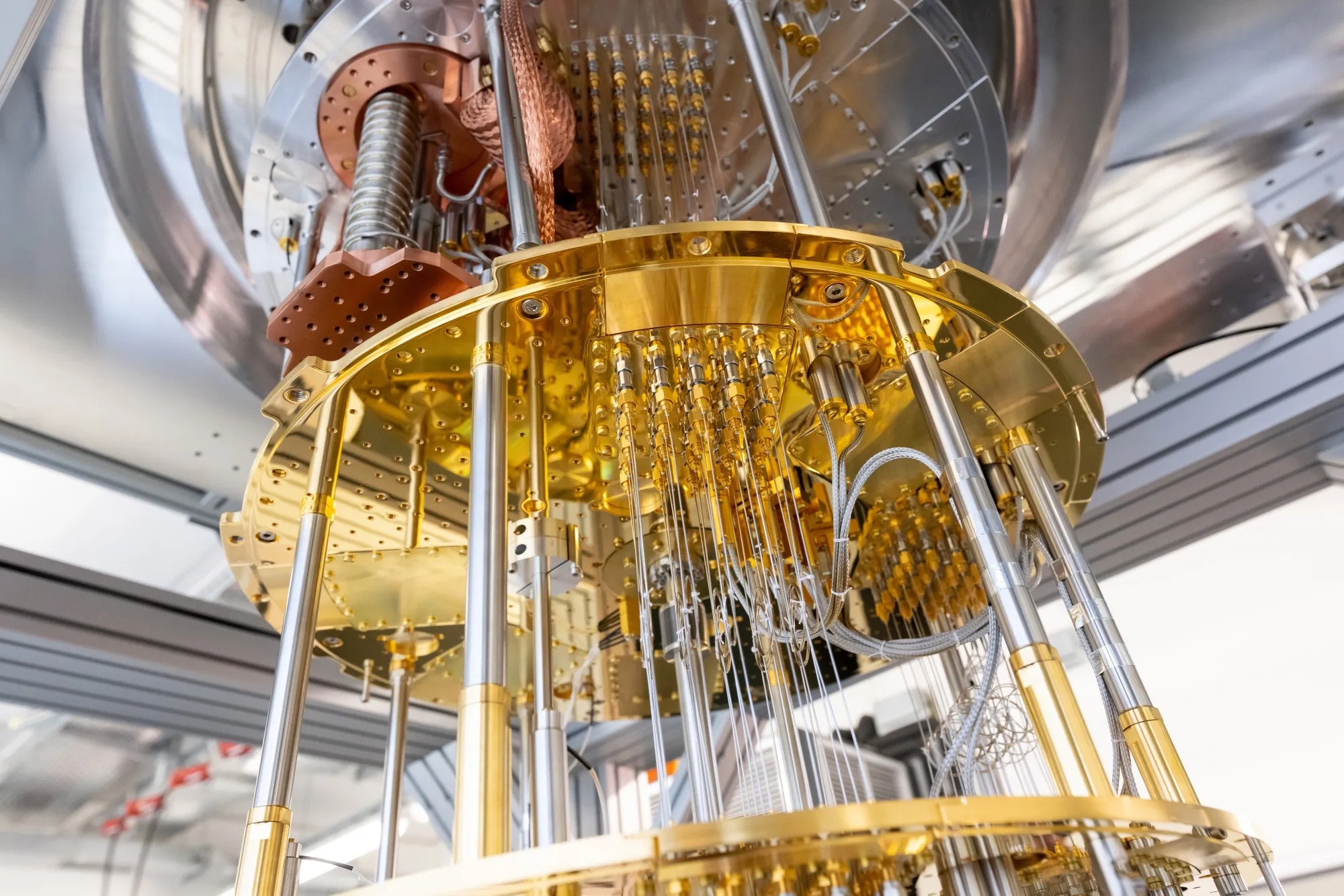 |
Quantum physics paves the way for a host of future technologies. Photo: Bloomberg . |
“I never thought my work would be recognized at this level,” he said. Clarke added that the principles they studied became the foundation for modern technology, from smartphones to computers.
The experiments by Clarke, Devoret and Martinis, conducted between 1980 and 2000, focused on observing quantum phenomena in superconducting circuits. The results showed that quantum states could be maintained long enough to be measured, paving the way for their control and exploitation in practice.
These works lay the foundation for the birth of quantum computers, devices that can process information millions of times faster than modern computers in certain calculations. In addition, the research also helps develop quantum sensors, encryption technology that cannot be broken by traditional methods, and many other potential applications.
The age of quantum computers
Professor Michel Devoret of Yale University is known as a pioneer in the research of superconducting quantum bits (qubits), a technology currently used by large corporations such as IBM, Google or Intel in quantum computing systems. Over the past 40 years of research, he and his colleagues have found a way to maintain a stable quantum state, which is the biggest obstacle in this field.
John Martinis, a professor at the University of California, is remembered for his role as the leader of the Google Quantum AI team. In 2019, he led the research team to achieve the quantum supremacy milestone, when Google's quantum computer completed a complex calculation in 200 seconds, something that the world's most powerful supercomputer at that time would have taken thousands of years to do. This achievement marked an important step forward in the history of computing.
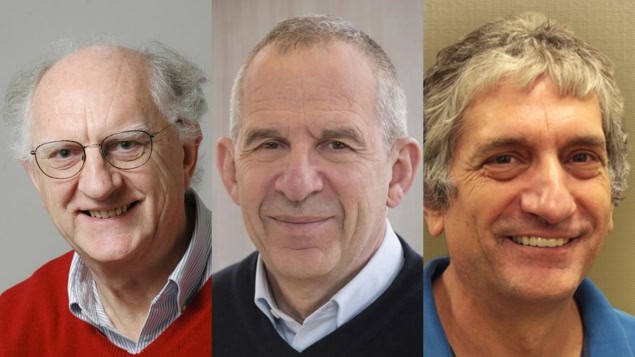 |
John Clarke (left), Michel H Devoret (center) and John M Martinis (right) are the scientists who received the 2025 Nobel Prize in Physics. Photo: Physics World . |
However, Martinis left Google in 2020. In an interview with Forbes , he said the decision stemmed from a desire to return to basic research. He admitted that the corporate environment can help speed up progress, but sometimes it also limits creativity.
“Science cannot be forced to a market timetable,” Martinis said.
For John Clarke, the oldest of the three scientists, the Nobel Prize is a fitting recognition of a lifetime of work. He was the first to demonstrate that superconducting circuits could exhibit distinct quantum behavior, thus laying the foundation for today’s qubits. Clarke believes that this research is just “the tip of the iceberg” and that younger generations of physicists will go further in applying quantum mechanics.
According to Reuters , although the application prospects of quantum computers are very large, this field still faces many challenges, especially in maintaining the stability and accuracy of qubits over long periods of time. However, this year's Nobel Prize shows that the scientific community believes that quantum technology is moving from the experimental stage to the stage of real application.
Source: https://znews.vn/cong-nghe-dang-sau-thiet-bi-dien-tu-doat-giai-nobel-phat-ly-2025-post1591816.html



![[Photo] Conference of the Government Party Committee Standing Committee and the National Assembly Party Committee Standing Committee on the 10th Session, 15th National Assembly](https://vphoto.vietnam.vn/thumb/1200x675/vietnam/resource/IMAGE/2025/10/15/1760543205375_dsc-7128-jpg.webp)
![[Photo] Many dykes in Bac Ninh were eroded after the circulation of storm No. 11](https://vphoto.vietnam.vn/thumb/1200x675/vietnam/resource/IMAGE/2025/10/15/1760537802647_1-7384-jpg.webp)


![[Photo] The 18th Hanoi Party Congress held a preparatory session.](https://vphoto.vietnam.vn/thumb/1200x675/vietnam/resource/IMAGE/2025/10/15/1760521600666_ndo_br_img-0801-jpg.webp)
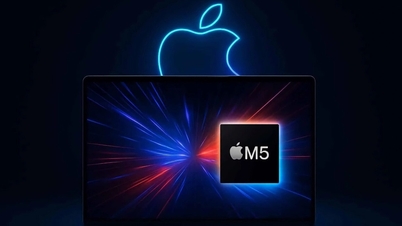




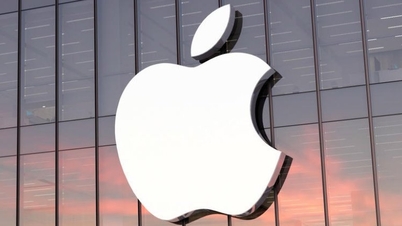
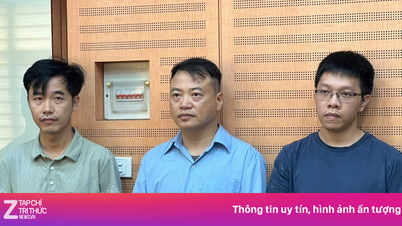



















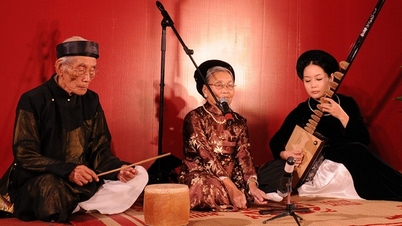


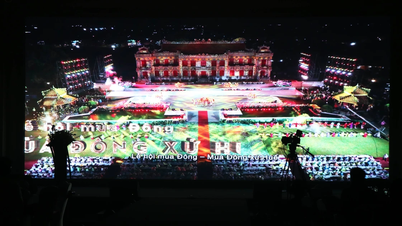


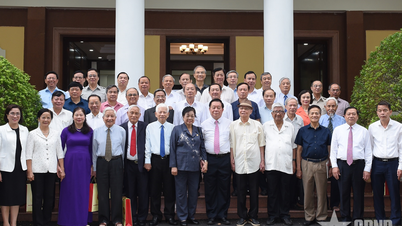

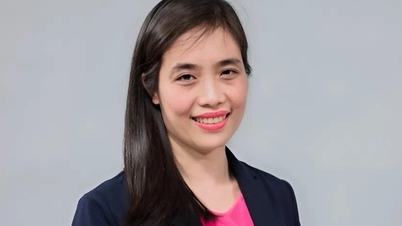

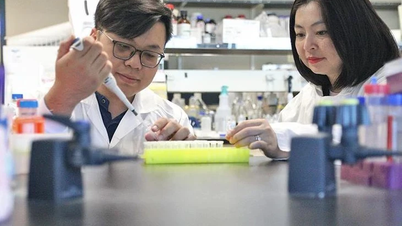

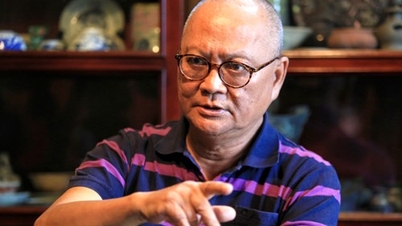
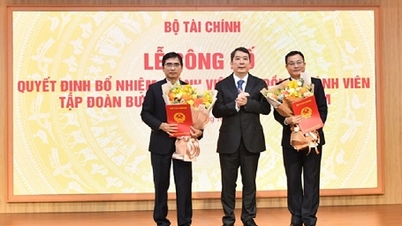

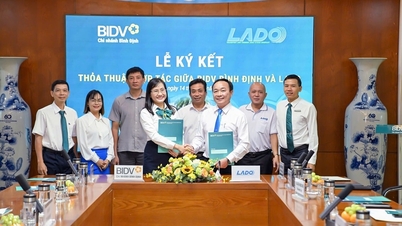
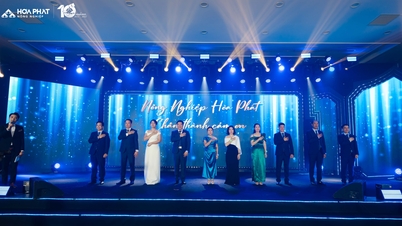









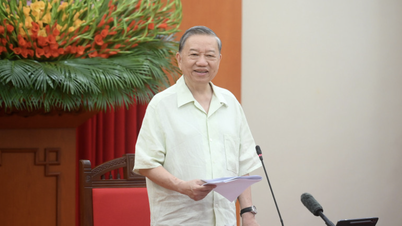
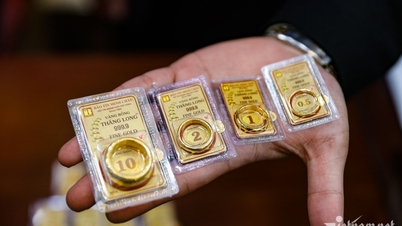

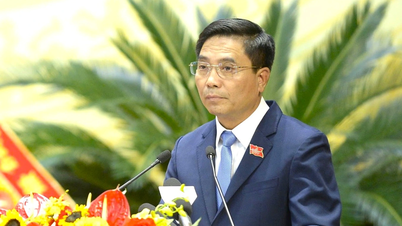
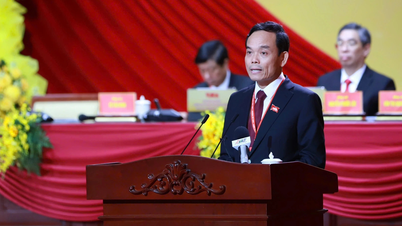
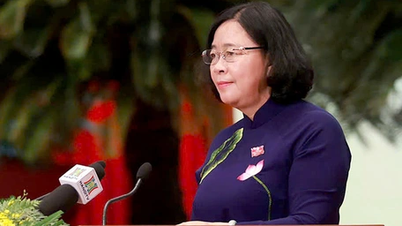


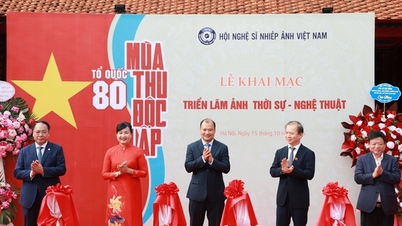


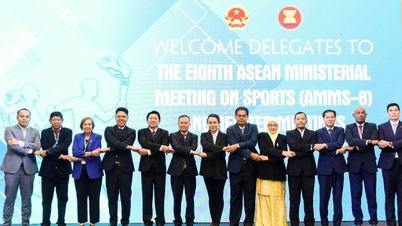
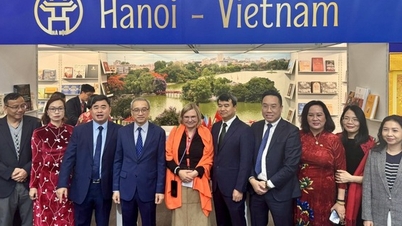
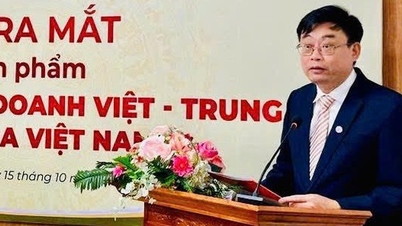


























Comment (0)